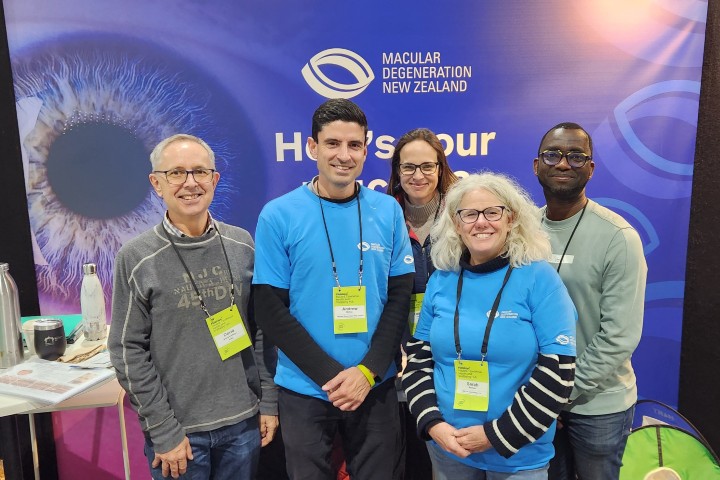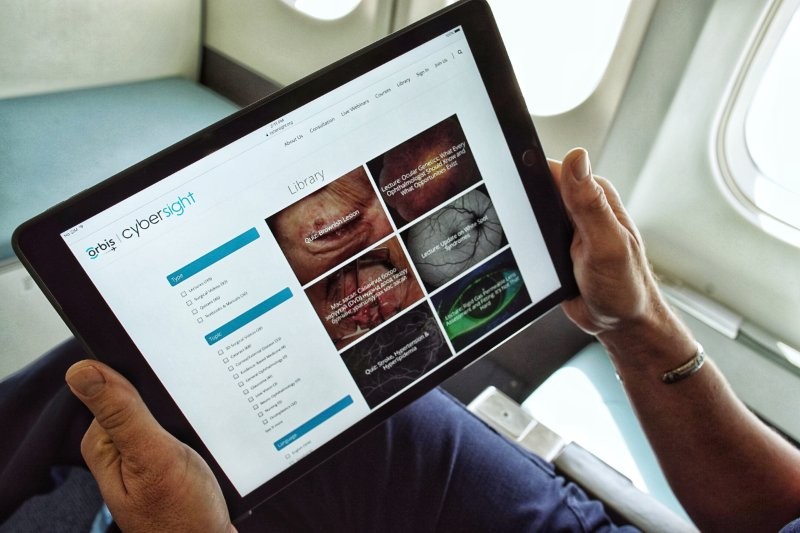MVASI a viable alternative to Avastin
Researchers at the University of Adelaide found that intravitreal use of the bevacizumab biosimilar MVASI has a similar ophthalmic safety profile and may be used as an alternative to Avastin.
Although Avastin was discontinued in Australia in 2021, MVASI was approved by the Therapeutic Goods Administration in 2020 for the treatment of metastatic cancer. This retrospective study aimed to expand the limited safety data available for the off-label intravitreal use of MVASI.
Writing in Clinical & Experimental Ophthalmology, researchers reported a total of 6,230 injections given to 1,682 eyes in patients with a mean age of 69.8 ± 15.6 years. Treatment indications included neovascular age-related macular degeneration (33.8%), diabetic macular oedema (26.2%), branch retinal vein occlusion (11.2%), proliferative diabetic retinopathy (9.6%), central retinal vein occlusion (9.0%), and other conditions (10.3%).
Significant sight-threatening complications included three cases of bacterial endophthalmitis (0.05%) and three cases of uveitis (0.05%). No cases of retinal vasculitis were observed. Although other studies have reported potential systemic adverse reactions with bevacizumab, these were not a focus of this study, the researchers noted.
While anti-VEGF biosimilars approved for oncology may offer cost savings, their use in ophthalmology without dedicated trials raises ethical and safety concerns: “Both Avastin and MVASI require compounding into smaller doses for intraocular use, which introduces sterility risks and variability. Development of an on-label bevacizumab specifically approved for ophthalmic use could provide enhanced quality, safety and sterility; however, it may also increase the cost significantly,” they said.


























